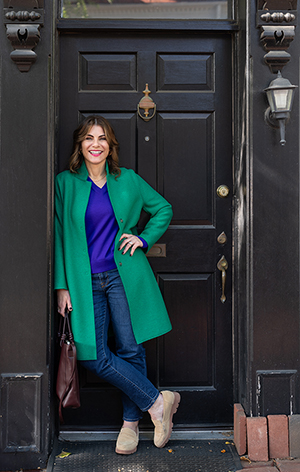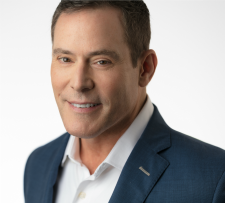What's Hot: Did January Mark The Bottom For The DC-Area Housing Market? | The Roller Coaster Development Scene In Tenleytown and AU Park
 First-Timer Primer: The Do's (But Mostly Don'ts) of Reverse Mortgages
First-Timer Primer: The Do's (But Mostly Don'ts) of Reverse Mortgages
✉️ Want to forward this article? Click here.

The commercials urging senior citizens to look into reverse mortgages are ubiquitous. But what exactly is a reverse mortgage, who qualifies for one, and is it a good idea? In this First-Timer Primer, UrbanTurf answers those questions.
The Big Idea
A reverse mortgage lets a homeowner aged 62 and older borrow against the equity they’ve built on their home. So essentially, it’s a loan against the value of your house. These loans, which often come with no income restrictions but can carry very high fees, are repaid when you sell the house, move or pass away. The home has to be a primary residence to qualify for a reverse mortgage.
The loan may be particularly attractive to retirees because it draws on an asset that’s otherwise unusable unless sold, and because the proceeds from the loan are usually tax-free.
Types of Reverse Mortgages
There are three types of mortgages available to borrowers.
- Single-purpose reverse mortgages:
These loans are usually the least-risky and least-expensive option, but the funds are limited to those with low or moderate incomes and can generally only be used to repair a house, make an improvement or pay off property taxes.
- Proprietary reverse mortgages:
These are private loans secured by a private lender — and the ones you often see advertised on TV.
- FHA home equity conversion mortgages, or HECMs:
HECMs, or federally-insured home equity conversion mortgages, are by far the most common type of reverse mortgage. They’re backed by the Department of Housing and Urban Development.
Ways to Receive Money
According to the Federal Trade Commission, there are a few ways to receive the loan money:
- Fixed, monthly cash advances over a particular period of time;
- Fixed, monthly cash advances for as long as you live in the house;
- A line of credit you can draw from when needed;
- A combination of payments and credit.
The Pros of Reverse Mortgages
- The money can come in installments and be used to help retirees pay their bills with non-taxable funds. They also typically don’t affect the disbursement of Social Security or Medicare funds.
- You’re typically signing an agreement that will never allow you to owe more on your home than it’s worth.
The Cons of Reverse Mortgages
There are typically more cons than pros when it comes to reverse mortgages.
- They’re expensive. Be ready to pay very high lender fees, plus all the things you’d typically need to buy a house, including an appraisal, credit report, title insurance and other fees. AARP strongly recommends that seniors considering a reverse mortgage first look into a home equity loan or home equity line-of-credit.
- You’re taking a big risk. If you aren’t planning on staying in your house for a while, the high costs of the loan will almost certainly not be worth it. This can be especially complicated by unanticipated health issues.
- You’re essentially taking money from your estate. Your heirs won’t be able to stay in your home before repaying the loan.
- You may not understand what you’re signing. These mortgages are often extremely complicated, and some lenders are less than scrupulous in detailing the risks of the loans to potential borrowers.
See other articles related to: first-timer primer, reverse mortgages
This article originally published at https://dc.urbanturf.com/articles/blog/first-timer_primer_the_dos_but_mostly_donts_of_reverse_mortgages/9715.
Most Popular... This Week • Last 30 Days • Ever

As mortgage rates have more than doubled from their historic lows over the last coupl... read »

The small handful of projects in the pipeline are either moving full steam ahead, get... read »

The longtime political strategist and pollster who has advised everyone from Presiden... read »

Lincoln-Westmoreland Housing is moving forward with plans to replace an aging Shaw af... read »

A report out today finds early signs that the spring could be a busy market.... read »
DC Real Estate Guides
Short guides to navigating the DC-area real estate market
We've collected all our helpful guides for buying, selling and renting in and around Washington, DC in one place. Start browsing below!
First-Timer Primers
Intro guides for first-time home buyers
Unique Spaces
Awesome and unusual real estate from across the DC Metro













